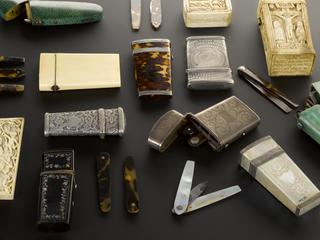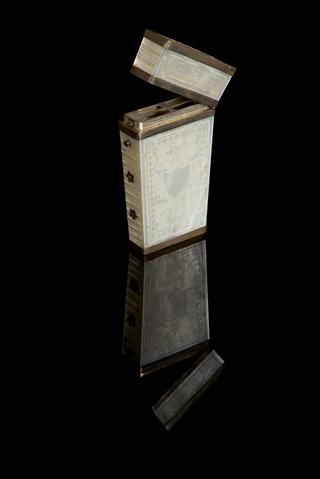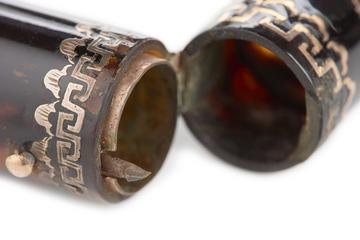
Kolff artificial kidney, Netherlands, 1955-1956
- Made:
- 1955-1956 in Netherlands
- maker:
- Willem Johann Kolff






Prototype twin coil dialyser in an apricot tin with lid, by Willem Johann Kolff, Netherlands, 1955-1956
Willelm J Kolff (b. 1911) developed the first artificial kidney, a forerunner of the kidney dialysis machine, during the Second World War in German-occupied Holland. Kolff used such easily available resources as cellophane sausage casing and empty food tins to build his ‘kidney’, which served to filter the blood. This example is made from an apricot tin.
When a person’s kidneys fail, waste products cannot be removed from the blood and this causes illness.
Details
- Category:
- Therapeutics
- Object Number:
- 1987-250
- Materials:
- tin (metal), metal (unknown), plastic (unidentified) and paper (fibre product)
- Measurements:
-
overall: 220 mm 200 mm, 1.96 kg
- type:
- kidney dialysis machine
- credit:
- Joekes, A.M.



